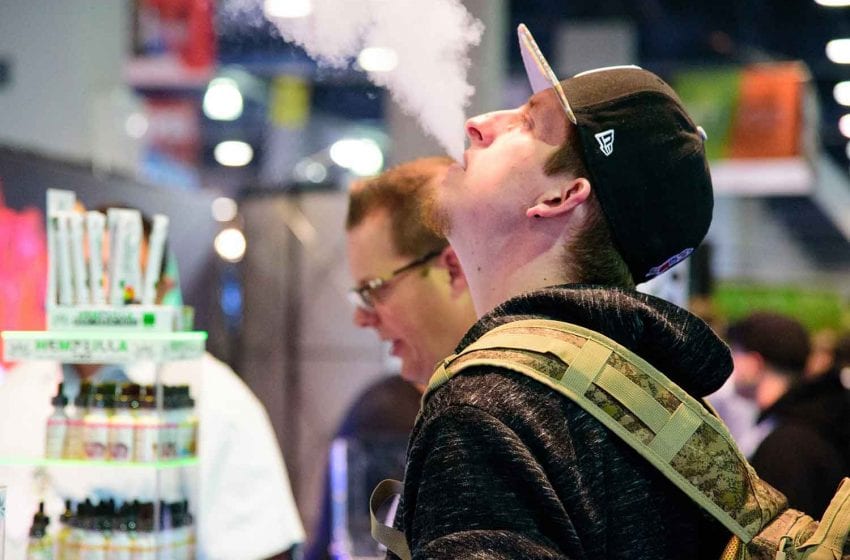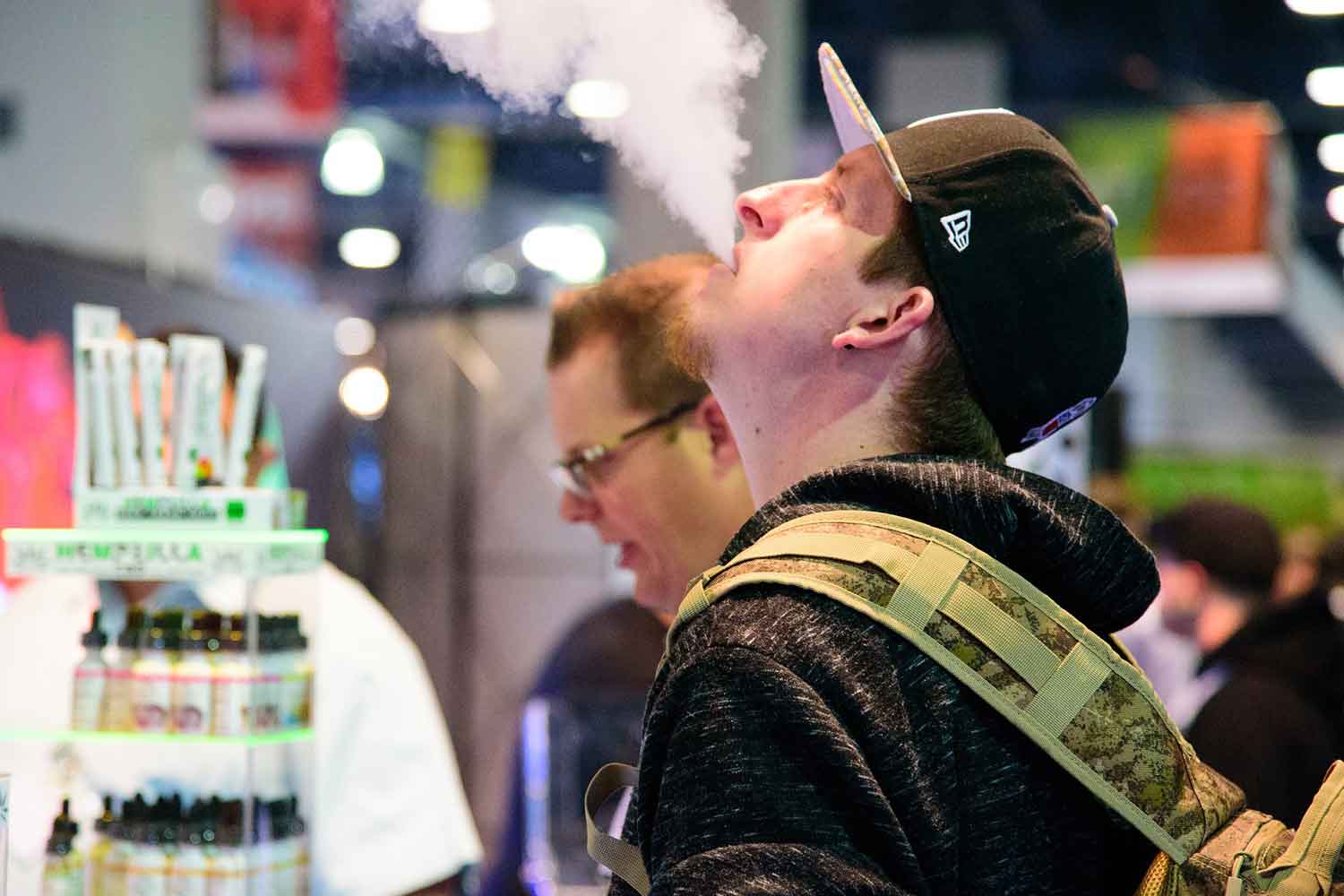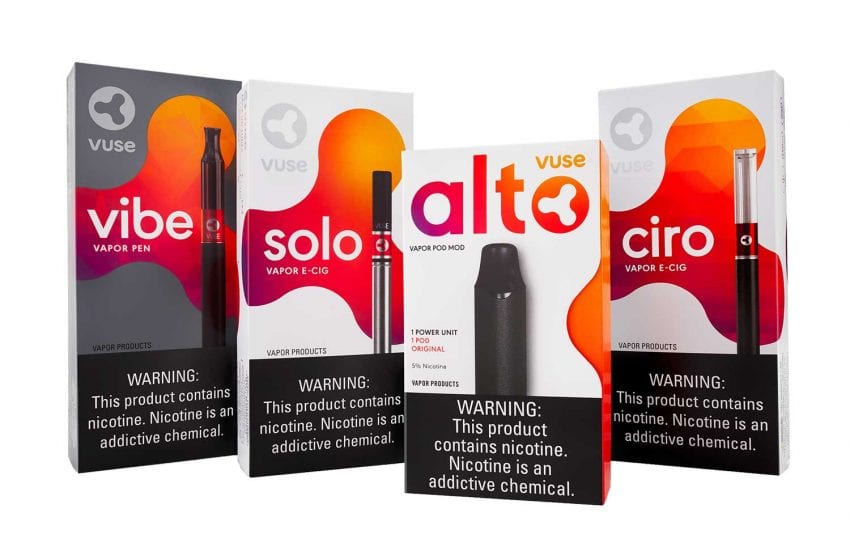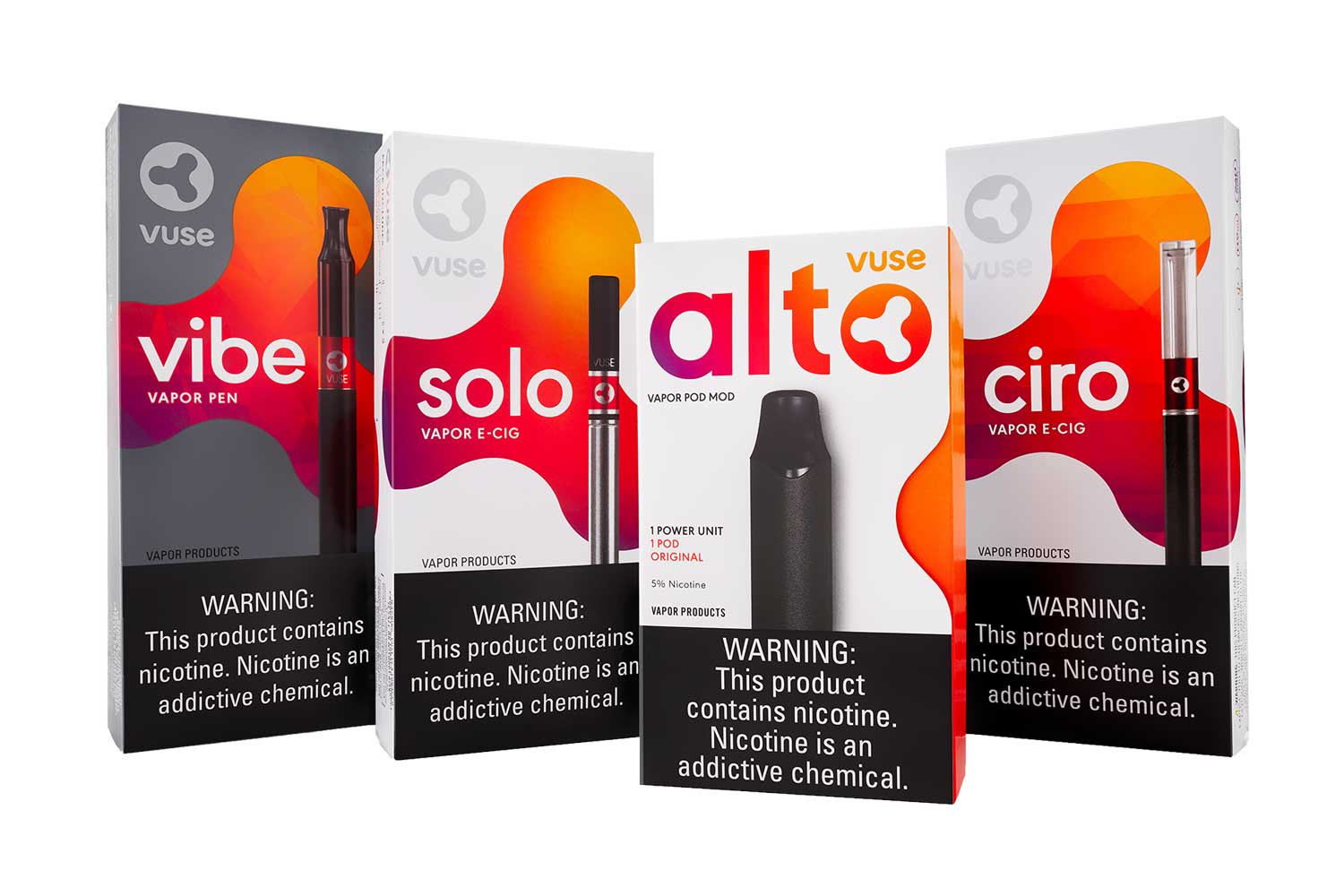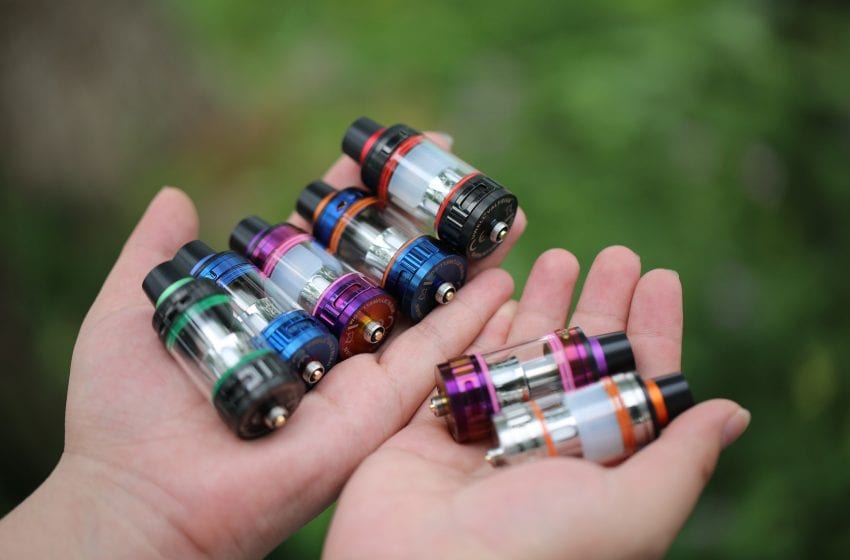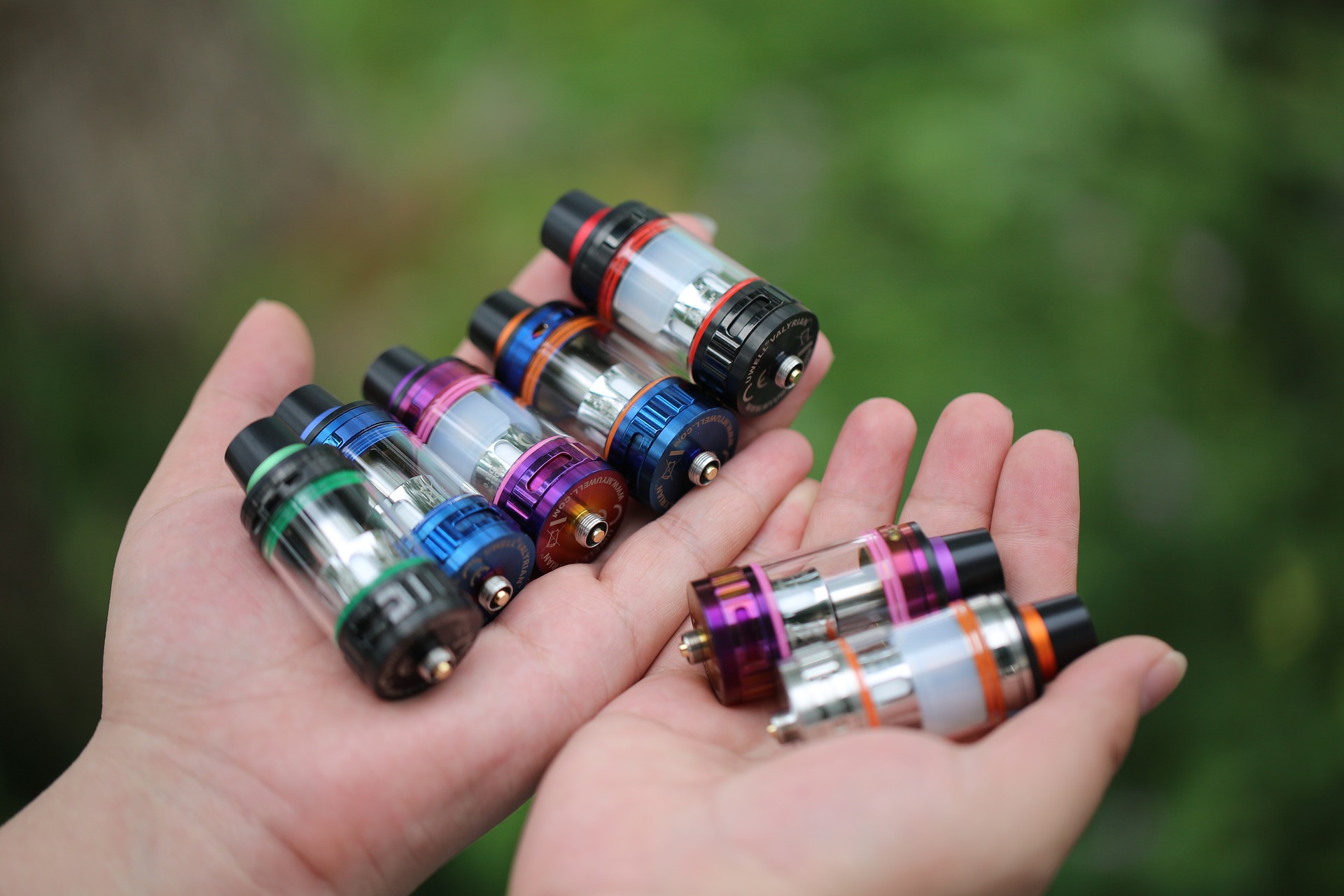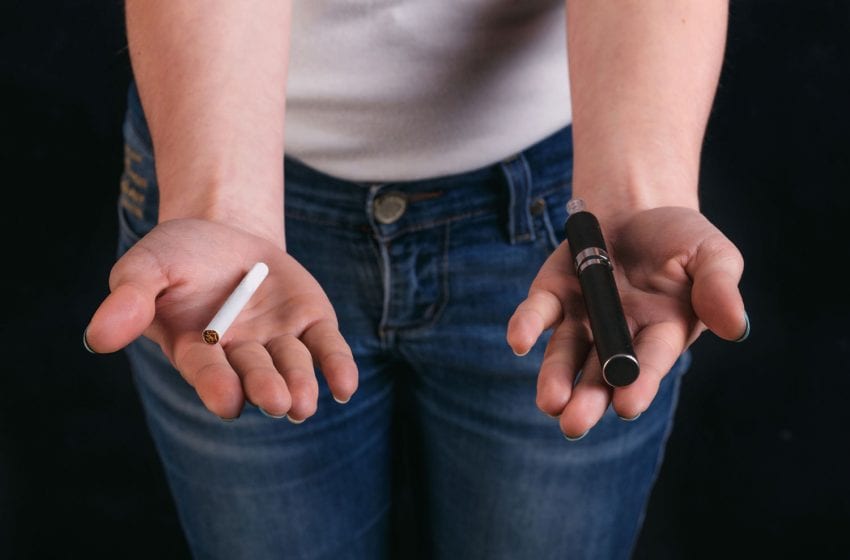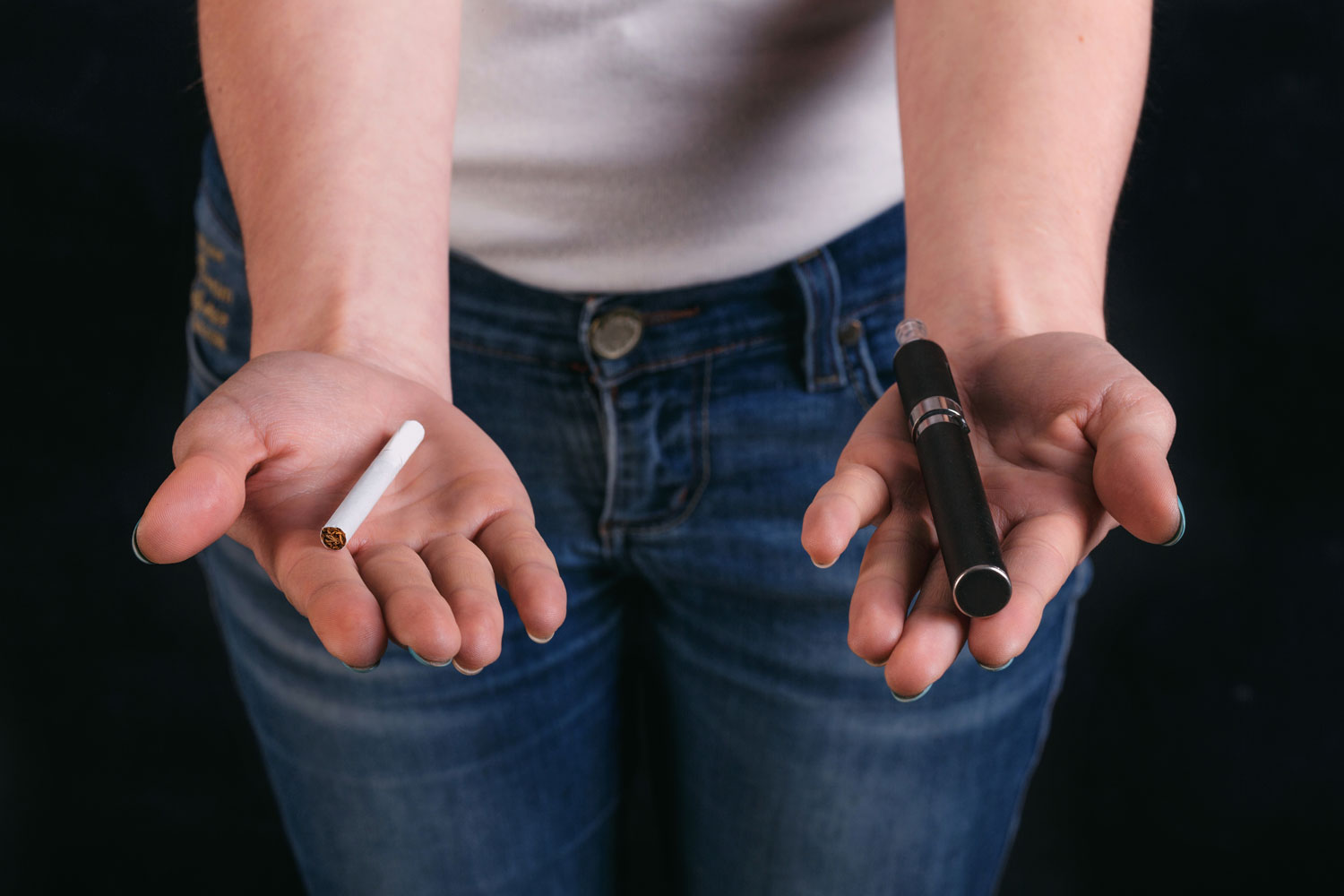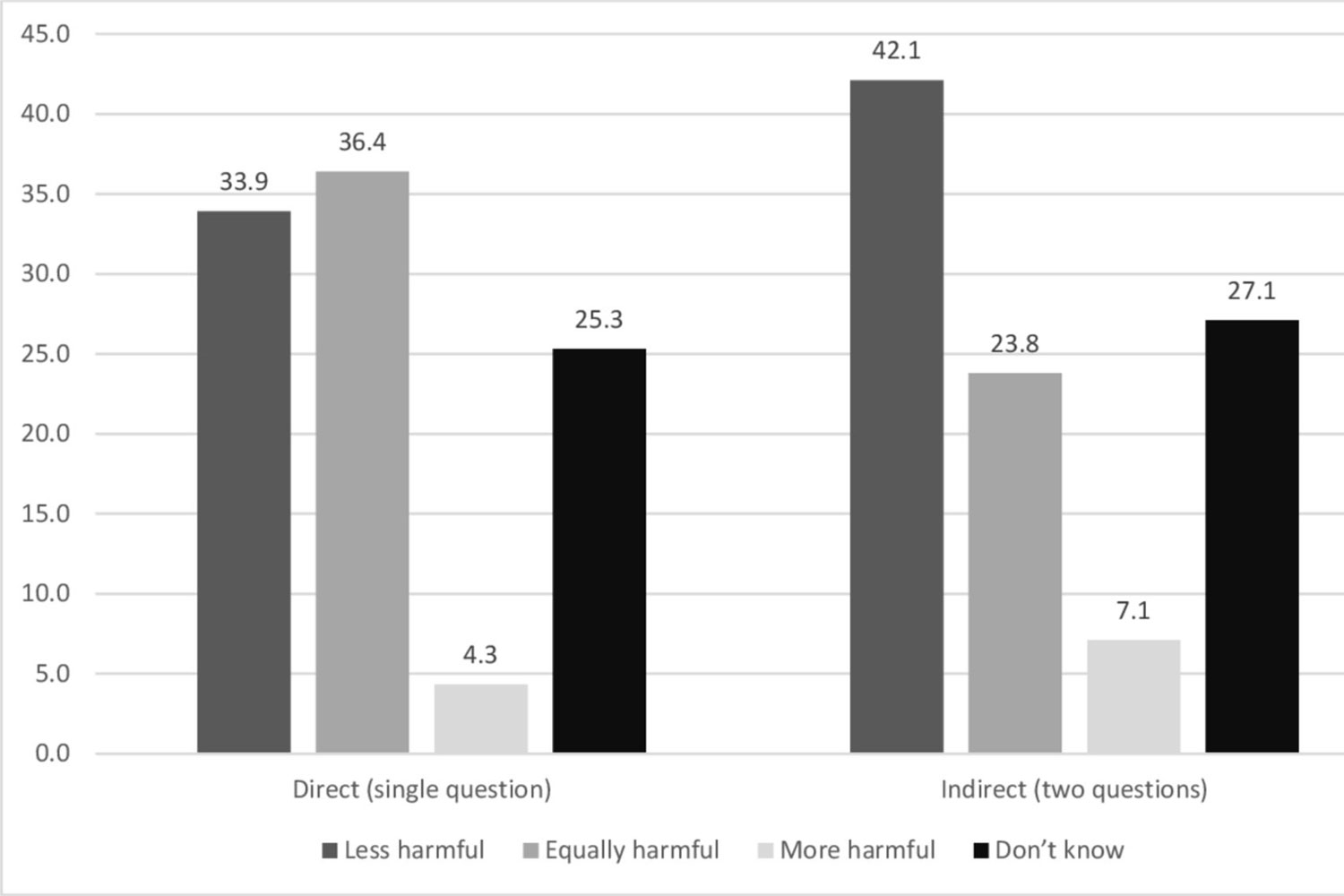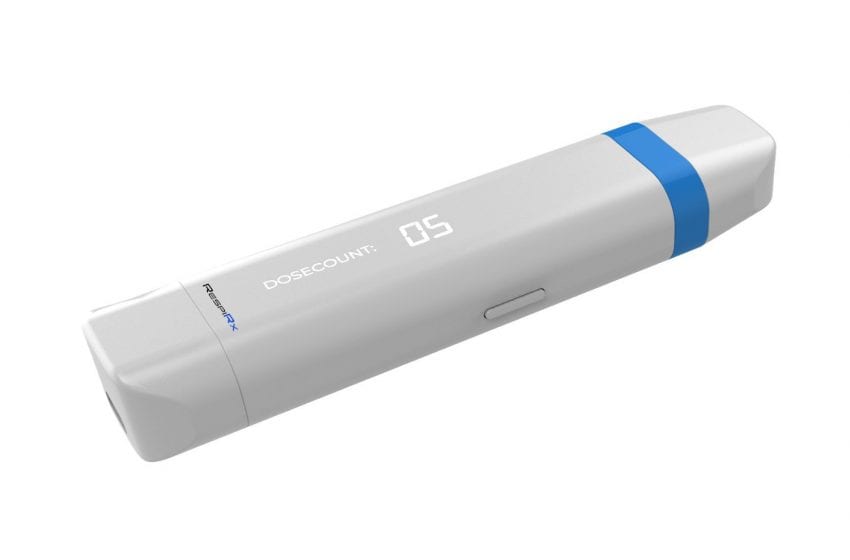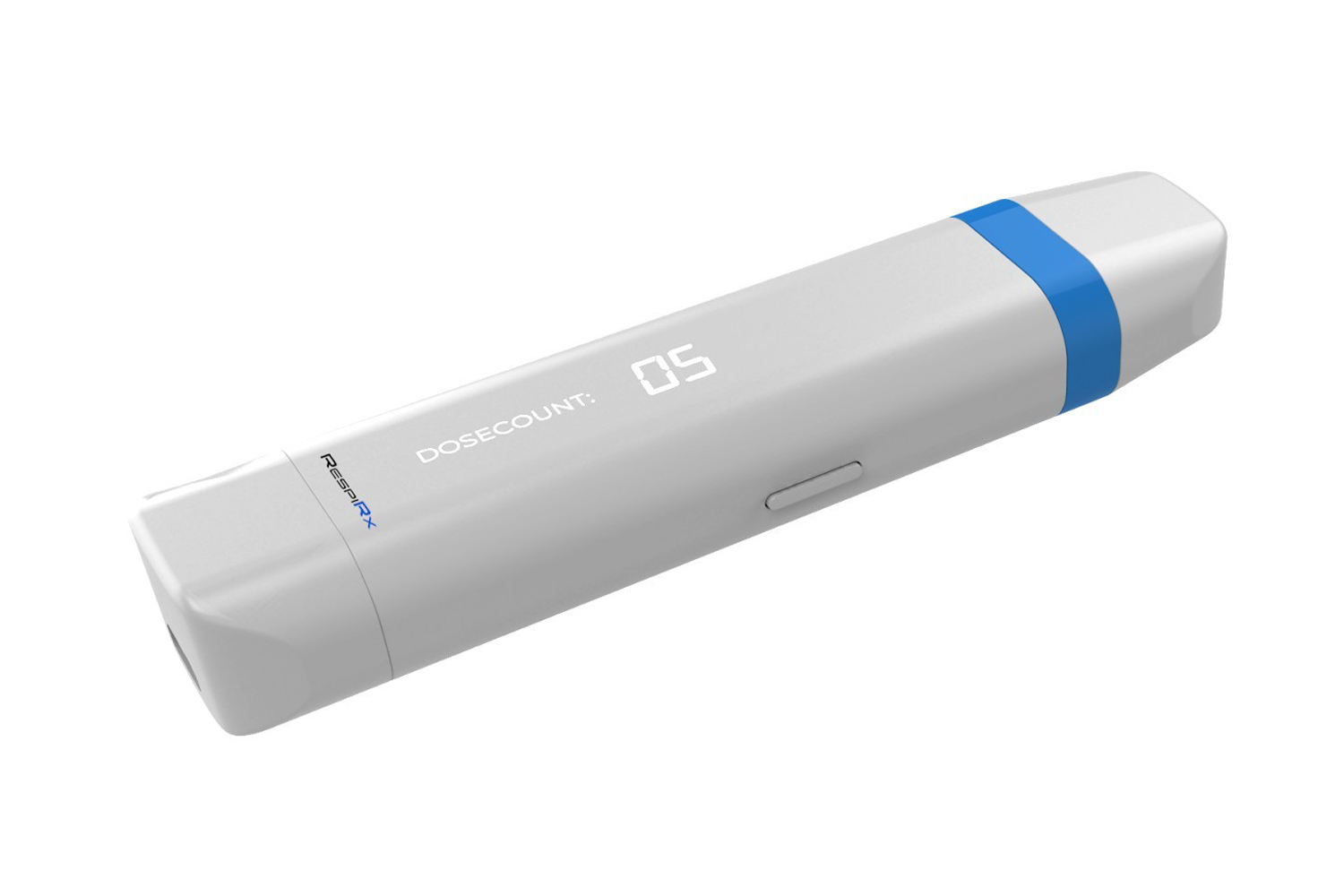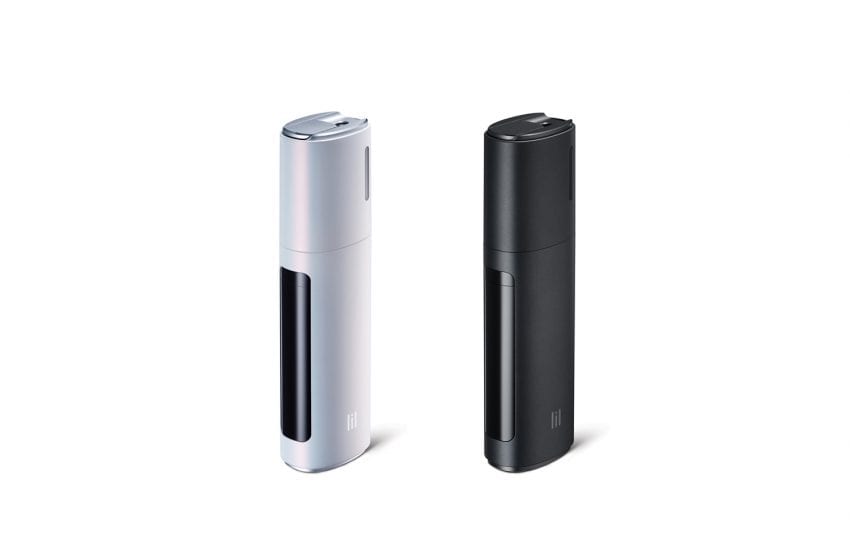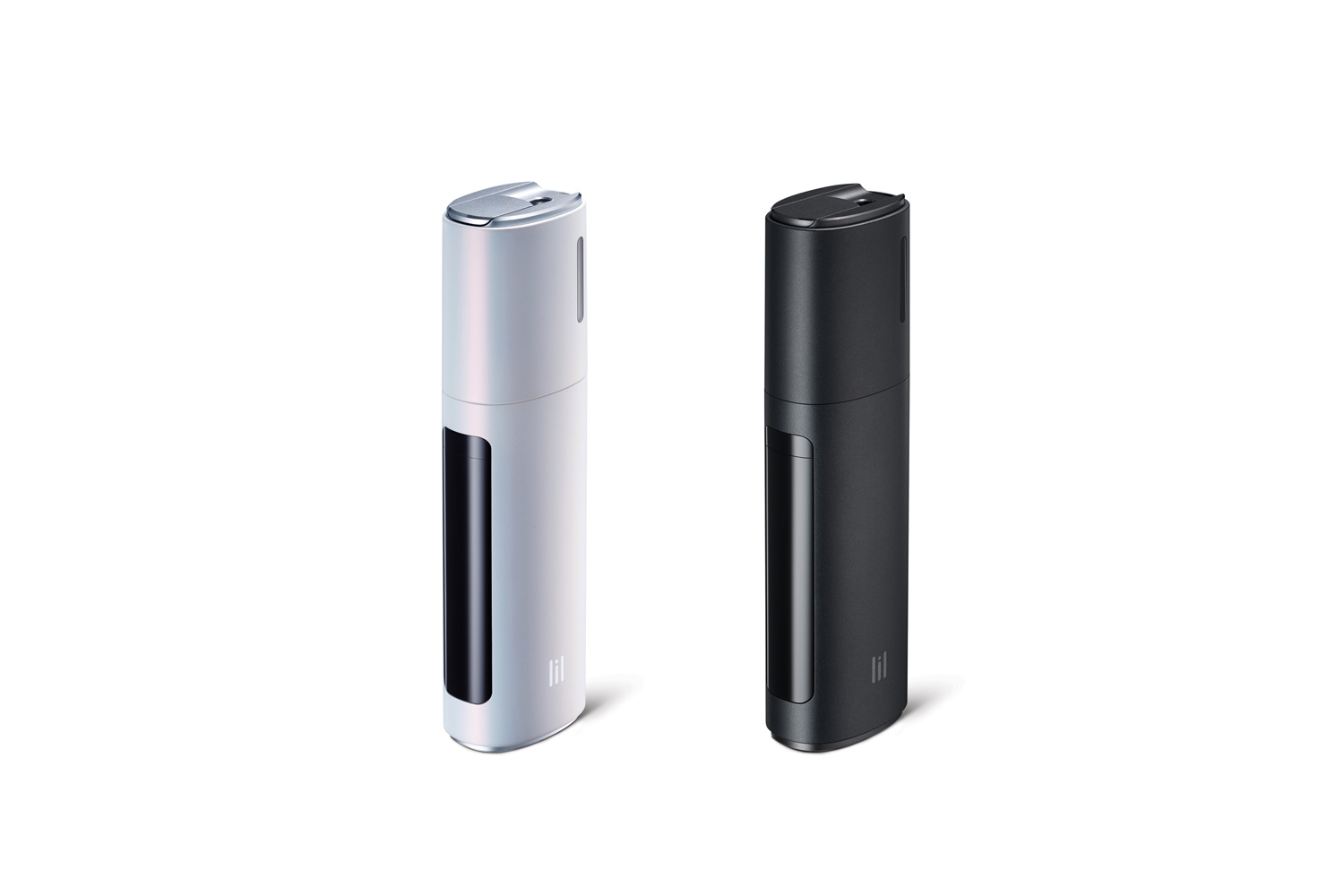Pyxus International announced today that it and its subsidiaries, Alliance One International, Alliance One North America, Alliance One Specialty Products and GSP Properties, have filed voluntary petitions for relief under Chapter 11 of the U.S. bankruptcy code in the U.S. Bankruptcy Court for the District of Delaware as part of a “prepackaged” Chapter 11 Case.
In connection with the filing, the company entered into a restructuring support agreement (RSA) with noteholders holding more than 92 percent in principal amount of the company’s first lien notes and more than 67 percent in principal amount of its second lien notes. In addition, the company’s receivables financing lenders and certain key foreign lenders have granted waivers and amendments under their respective facilities, demonstrating significant global financial support for the company.
Under the terms of the RSA, Pyxus’ second lien noteholders will convert approximately $635 million of the company’s debt into equity or cash, and its first lien noteholders will, among other things, extend the maturity date of their existing notes by four years. To implement the financial restructuring contemplated under the RSA, the company commenced solicitation of a prepackaged Chapter 11 plan of reorganization and thereafter filed for Chapter 11 to restructure its debt and delever its balance sheet.
The prepack plan contemplates that all outstanding shares of Pyxus common stock and rights to acquire Pyxus common stock will be cancelled and each holder of outstanding Pyxus common stock will be entitled to receive its ratable share of $1 million in cash provided that such holder does not opt out of the third-party releases contained in the prepack plan or object to the prepack plan.
The Chapter 11 process does not include the company’s international subsidiaries or affiliates and Pyxus anticipates continuing to operate its worldwide operations in the ordinary course during the proceeding as it restructures its balance sheet. The terms of the restructuring contemplate paying, among others, all vendors and foreign lenders, in full.
In addition, Pyxus has secured commitments for a $206.7 million debtor-in-possession financing facility (DIP facility) from certain existing noteholders. Proceeds from the DIP facility will be used to refinance the company’s existing asset-based revolver, for working capital and general corporate purposes, and to pay expenses incurred in connection with the Chapter 11 cases. Subject to court approval, the DIP facility, combined with the company’s projected cash flows, are expected to provide liquidity to support its operations during the restructuring process, allowing the company to emerge with a strengthened balance sheet to complement its operations and future growth plans.
“This agreement with our noteholders represents a significant milestone in the ongoing process to transform our business as we continue to focus on driving long-term, sustainable growth and greater efficiency,” said Pieter Sikkel, Pyxus’ president and CEO. “We will continue to provide our customers with the quality products and services they are accustomed to without interruption and work with our business partners throughout the Court-supervised process. We also expect there will be no impact to vendors. As we look to quickly re-emerge from this process, we expect to be a stronger company, better able to execute on our long-term strategy and positioned for long-term growth and success.”
Simpson Thacher & Bartlett is serving as legal counsel, and Lazard and RPA Advisors are serving as financial advisors to Pyxus.



